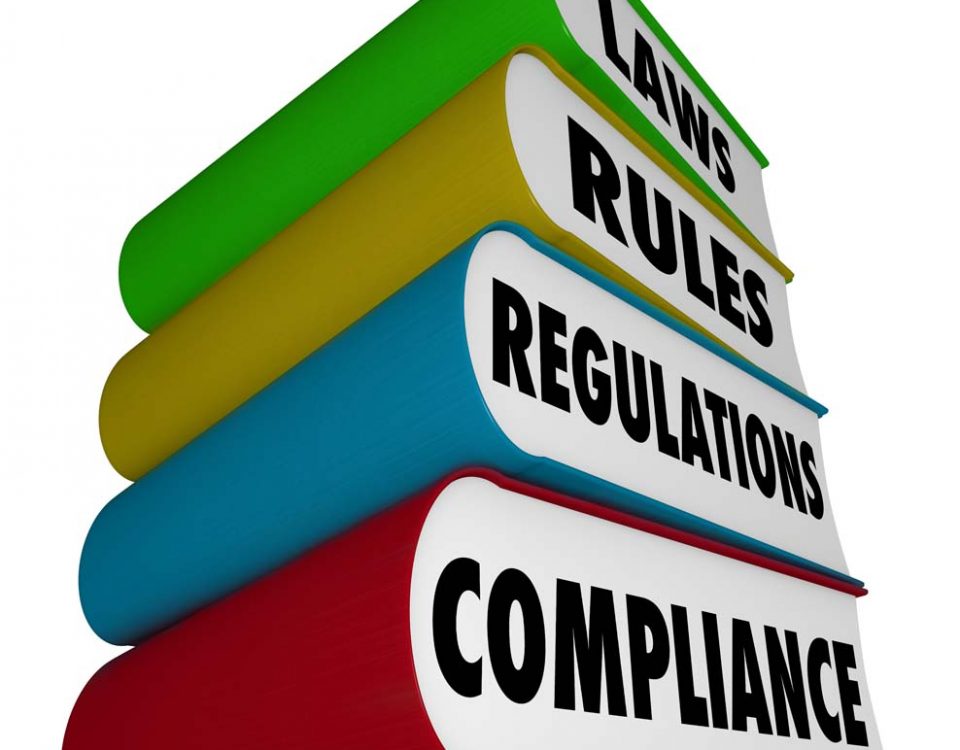
All employers must be well versed on the sensitive topic of discrimination. The dictionary defines discrimination as: “the unjust or prejudicial treatment of different categories of people, especially on the grounds of ethnicity, age, sex, or disability.”
Employment discrimination occurs when an employee, or potential employee, is treated less favorably than other similar employees solely because they possess certain characteristics.
Employment discrimination can also happen when one group of employees is treated better than another group. An example of this would be when one group of workers clearly receives benefits that are denied to others on the basis of their sex.
A “protected class” is a group of people who qualify for specific special protection under a law or policy. The Civil Rights Act of 1964 is one such anti-discrimination law that protects certain groups of people. Under this act, as well as other federal anti-discrimination laws, a person may not be discriminated against based on the following characteristics:
- Age
- Race
- National origin
- Religious beliefs
- Gender
- Disability
- Pregnancy
- Veteran Status
The Civil Rights Act of 1964 also created the Equal Employment Opportunity Commission (“EEOC”), which is the independent federal agency that oversees the enforcement of the Act. They also oversee other federal anti-discrimination laws as they apply to employment.
Many states also have their own anti-discrimination laws and policies which may protect more people than the federal laws do. California is one of those states that provides greater categories of protected classes than federal law. California protected classes include:
- Race
- Color
- Religion (includes religious dress and grooming practices)
- Sex/gender (includes pregnancy, childbirth, breastfeeding and/ or related medical conditions)
- Gender identity, gender expression
- Sexual orientation
- Marital status
- Medical Condition (genetic characteristics, cancer or a record or history of cancer)
- Military or veteran status
- National origin (includes language use)
- Ancestry
- Disability (mental and physical including HIV/AIDS, cancer, and genetic characteristics)
- Genetic information
- Request for family care leave
- Request for leave for an employee’s own serious health condition
- Request for Pregnancy Disability Leave
- Retaliation for reporting patient abuse in tax-supported institutions
- Age (over 40)
Indeed, California has one of the most comprehensive bodies of law protecting classes of individuals from employment discrimination. The Fair Employment and Housing Act (known as “FEHA”) protects California employees from discrimination
FEHA’s protections apply generally to employers with five or more employees. It is enforced by the Department of Fair Employment and Housing (known as the “DFEH”).
California’s anti-discrimination laws apply to several categories of employers. Those include:
- People or businesses that regularly employ five or more persons,
- People or businesses that act as an agent of a covered employer, and
- State or local governmental entities.
There are important exceptions to each of these categories. For example, California’s ban on harassment applies to employers of any size—even those that employ fewer than five people.
Agents of employers can also be held responsible for their acts of discrimination or retaliation; and, in many cases, employers are responsible for what their agents do while representing the employer, including any discriminatory acts. To determine whether someone is an agent of an employer, courts look at the amount of control the employer exercises over them. If the employer controls the way a person or business accomplishes its tasks, a court might find them to be an agent of the employer.
Many supervisors and coworkers are technically “agents” of an employer. But, in general, employees cannot file a lawsuit directly against their supervisors or coworkers for discrimination or retaliation. However, a supervisor may be liable for civil or criminal harassment or other legal violations because harassment is personal and unrelated to the job or job duties.
California law still protects employees who have been victimized by coworkers and supervisors. Employers can often be held liable for the actions of their employees. So, even though the employee cannot sue the supervisors personally for their discriminatory and retaliatory conduct, they can often still sue their employer.
Employees are protected against discrimination under California law. An employee is someone who is both:
- A person who works under the direction and control of the employer, and
- A person whom the employer has agreed to hire.
California law expressly extends its anti-discrimination protections to applicants for employment positions. Specifically, California makes it unlawful for an employer to refuse to hire a person or refuse to select the person for training that might lead to employment based on their protected characteristic.
Temporary employees and unpaid interns are generally also protected by California’s anti-discrimination and anti-harassment laws.




